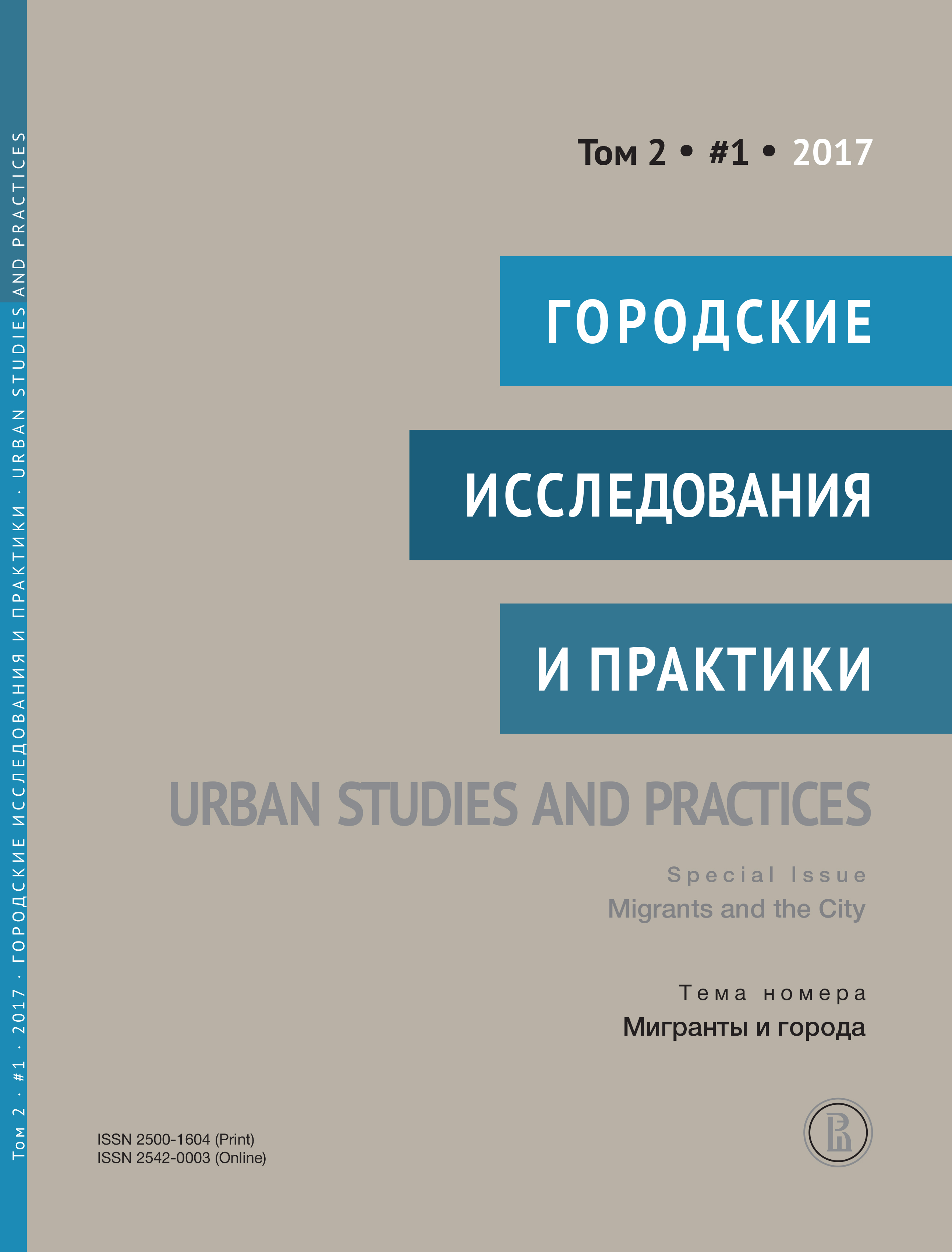The New Second Generation
Segmented Assimilation and Its Variants
Abstract
Post-1965 immigration to the United States has given rise to a vigorous literature focused on adult newcomers. There is, however, a growing new second generation whose prospects of adaptation cannot be gleaned from the experience of their parents or from that of children of European immigrants arriving at the turn of the century. We present data on the contemporary second generation and review the challenges that it confronts in seeking adaptation to American society. The concept of segmented assimilation is introduced to describe the diverse possible outcomes of this process of adaptation. The concept of modes of incorporation is used for developing a typology of vulnerability and resources affecting such outcomes. Empirical case studies illustrate the theory and highlight consequences of the different contextual situations facing today’s second generation.

